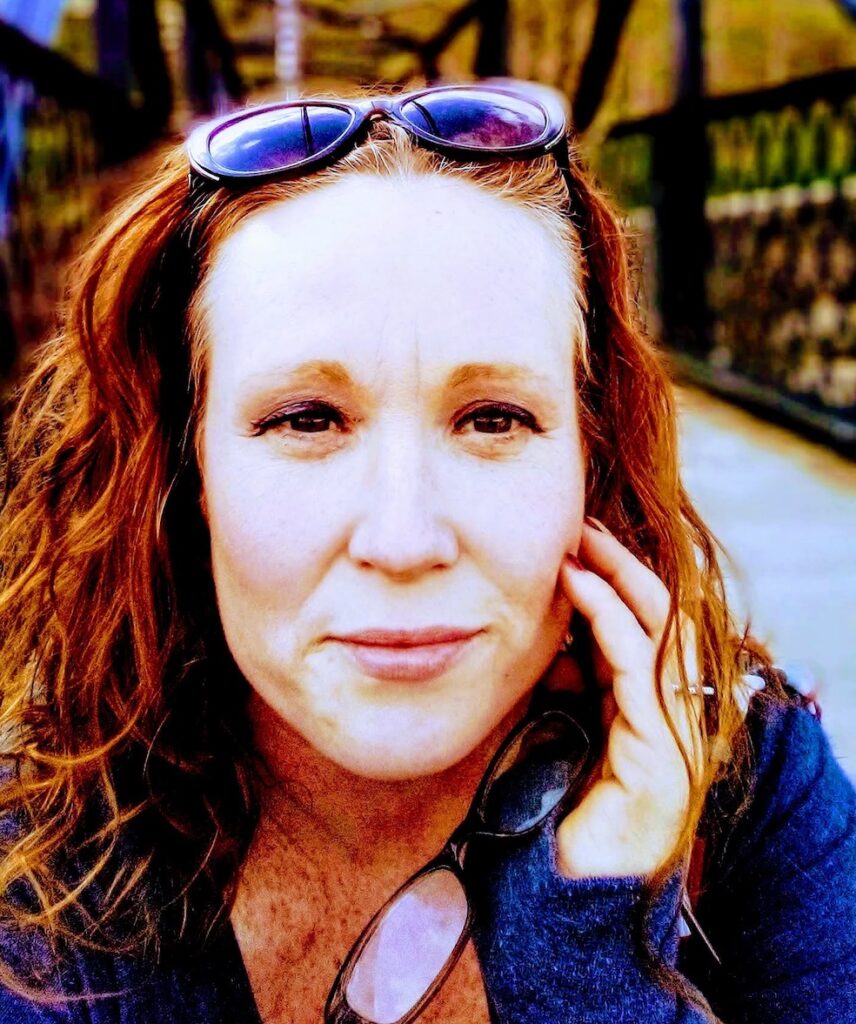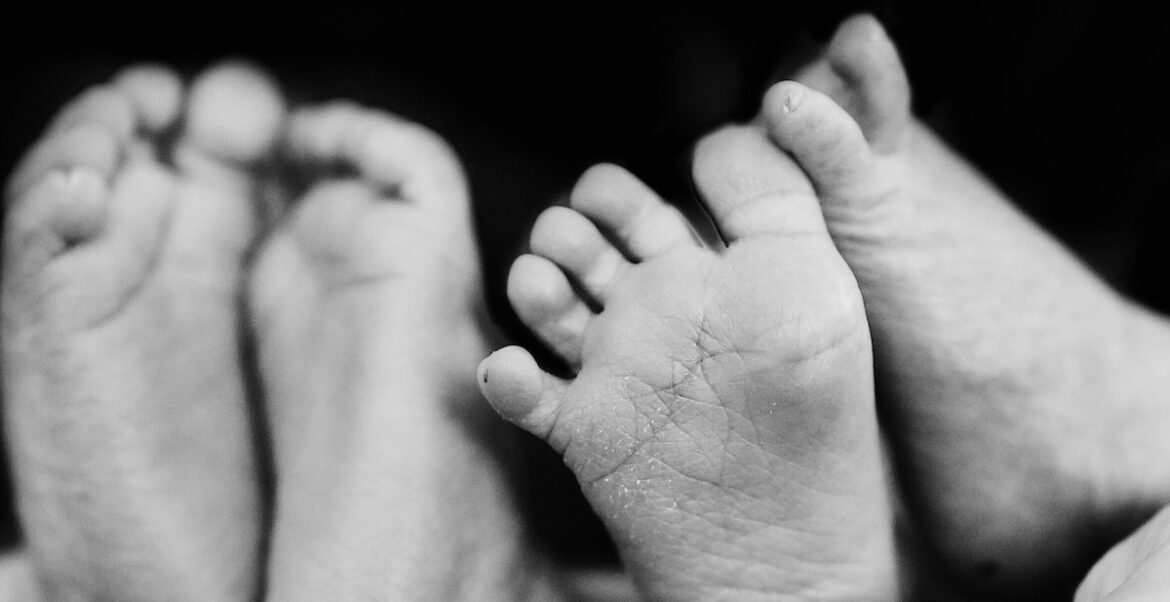By Kristine Neff
I first recognized love, felt enveloped by it, gave it with gasping waves of pain, emotionless fear, and exhausted defeat a few months before I turned seventeen. I also, somehow, knew it would prove to be a position rather than a feeling or a state of mind. It was just suddenly there. Without a tingle around the edges to mark its beginning or a warning of its power to collapse my entire self. The slight fluttering of my twin daughters in my womb, at sixteen, stirred up a fire, like leaves in a burn pile in fall. The leaves slowly crackling on the surface, smoldering. But if something happened to cause these leaves to stir, flames would begin to consume them. As the embers would burn deeper into this pile of leaves, the fire would get stronger and stronger, out of control, but slowly, the more it was stirred. My body, mind, and soul were burning much the same as these girls stirred inside me. I was their host. Their protector. Their mother. Mom. Love would prove to cause more pain than the shock and fear caused by a long painful labor would. Labor—a ripping apart of these smoldering leaves to reveal a raging inferno.
My love for these two tiny babies wasn’t planned, it just simply was. The intense need to protect them, to make sure they were healthy, that I was healthy—the desire to remove anything from our lives that could have harmed them, or scared them, was overwhelming and all consuming. I knew that after I did all I could do, I would leave the hospital alone. After enduring the shock, pain, and silent agony of their birth, the only thing I’d have left of us, we three, who once were, would be love. Love was just there. It wasn’t a tool to get through it or a trophy to show off. It was what we had been through, what we endured, we three. It was me, making sure to have them as close to me as possible until time ran out, no matter what price I would later pay for these few intimate moments with them. Me, making promises and trying to ensure that those two little girls would somehow continue to carry the same beats of their hearts as mine; no matter how many miles, years, and closed doors, there would be between us. Love wasn’t mine to give them, or for them to accept. It was a bond we shared, a scar we share.
Love is what would allow me to feel nothing; it would see to the destruction of my inner being. It’s why I would never recover after their birth, why I would never be quite right again. Love is what made me understand what sorrow looks like, what hope feels like, how our minds will make us view life after love has crashed into it, so unannounced. Smashing all hope of ever feeling peace. Or to try to love anyone else ever again. It was love that would make me suffer alone. It would make time stand still; love would be able to consume and eventually be the thief of my future. That love needed more than my embers to grow; it would slowly smolder now, nothing to stir it, nothing to kick up the flames except for the hope that these beautiful soft girls had somehow unknowingly been able to take away with them an imprint in their minds and on their souls of the love that we were—that we are, that we will always be, even if their eyes would not remember my face, maybe love would still be felt in their heartbeats. And in their times alone, but together, would they somehow remember us? Feel my absence? The agony of this love is what they knew themselves as well. They had waited, together, for my voice and my heartbeat to return. It was our love they had only ever known. With forgotten agony, they would wait until they would eventually have to accept I wouldn’t be coming back. It was their first heartbreak. It was their first letdown. Love proved to be a place of unknowns and new faces, new voices, new rhythms to softly lean into. Love isn’t an action; it isn’t a feeling. It’s not something we will somehow realize; it’s just there. It is or it is not. The joy, pain, fear, anguish, excitement that are all love can’t be explained; they just are.
At sixteen, I gave birth to two big, beautiful, healthy, baby girls. Three days later I left the hospital, alone, and returned to my family’s home. My daughters left the hospital together, but also alone. Me, placing them for adoption, gave them the new life they were about to begin together. They were leaving our town and headed for their new one. Without me. No longer us. Now it’s them and just me. When I have been fortunate enough to have had the opportunity to find myself alone with my daughters now, almost thirty years later, I can feel those leaves stirring within me still and reminding me of the very short moments when it was only we three all those long years ago. Love is not courageous or selfless. It is whatever we manifest it to be; it cannot be measured and it cannot be compared. Love is not always gentle and love is not always kind. Love will sometimes leave us wishing for more. It will keep us awake at night and haunt us as we sleep. Love will help us to forget and allow us to remember. This place we created called love would prove to forever change the lives of we three.

Kristine Neff is 47. She was placed for adoption at birth in Royal Oak Michigan in 1977. She’s this oldest of five biological siblings and one adoptive brother. In 1994, Neff gave birth to twin daughters at the age of sixteen and relinquished her daughters for adoption at the urging of family. They were reunited in 2014 and Neff now has a relationship with her daughters. They are the oldest of her five children. In addition, she has a daughter and twin boys. Neff is married and with her husband, Larry, has six grandchildren.

